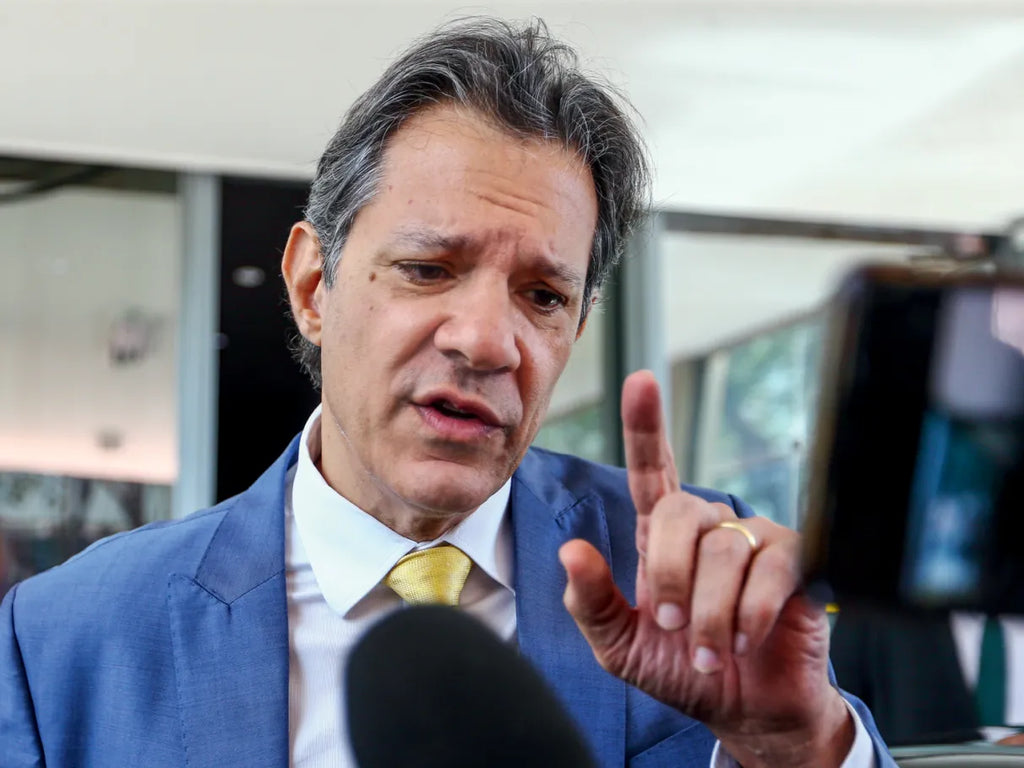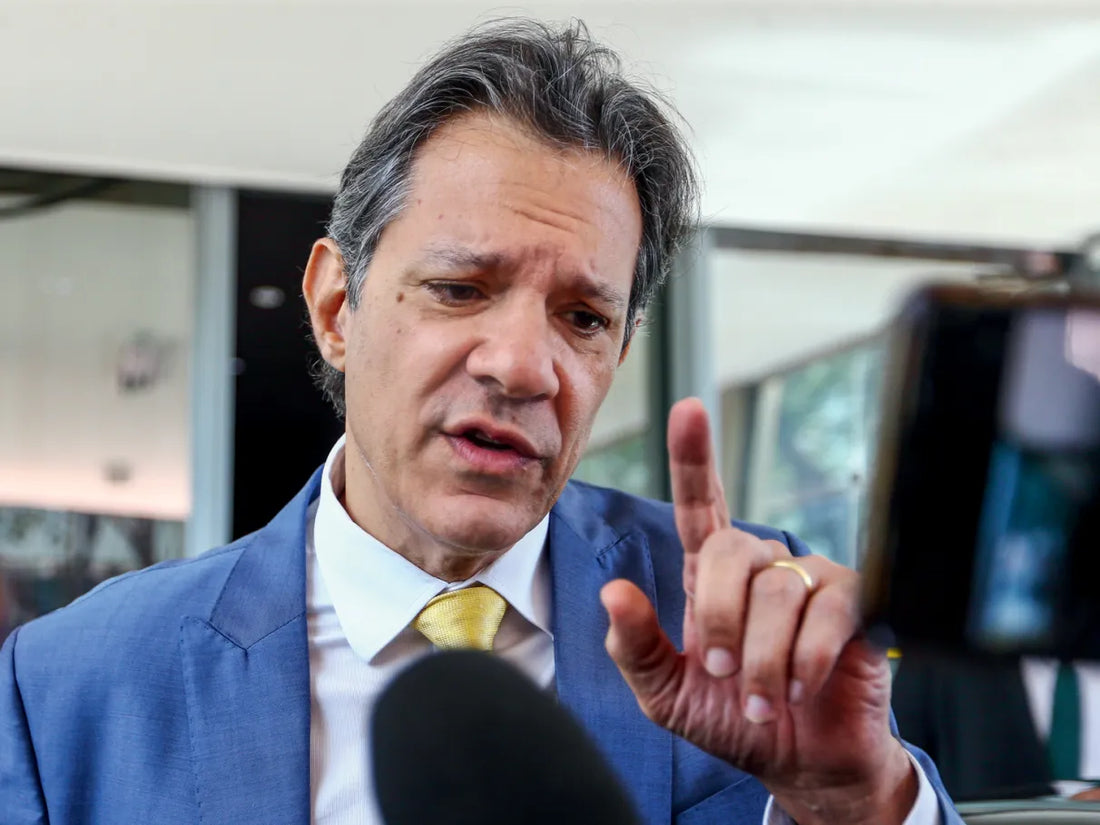
Approximation of approval of the Tax Reform
The tax reform process in Brazil is advancing significantly, with expectations that the new measures will soon be approved by the National Congress. This reform, considered by Finance Minister Fernando Haddad as a "small tax revolution", promises to simplify the country's complicated tax system and provide a more equitable basis for tax collection.
The path to approval
The government's strategy to speed up the vote included an intensive prior discussion of the projects with the States. This was done with the intention of presenting a well-prepared text to Congress, aiming for faster deliberation. Fernando Haddad highlighted the collaboration and meticulous planning that went into preparing the documents, which will culminate in their formal delivery to the Civil House.
The text of the reform, which is already informally in the Civil House, is an extensive document of almost 300 pages that deeply revises the current tax system, replacing a series of previous legislation.
Discussions and negotiations
In a meeting with the president of the Chamber of Deputies, Arthur Lira, and forecasts of future discussions with President Luiz Inácio Lula da Silva, Minister Haddad emphasized the flexibility of the projects for additional negotiations. Although the text is quite consolidated due to previous discussions, specific adjustments, such as changes to basic food basket items, are expected during the legislative process.
The approach adopted aims to facilitate the work of Congress, highlighting the political decisions necessary for the final approval of the law.
Implications of the reform
If approved, the tax reform could bring a series of significant changes to the Brazilian economy. By simplifying the tax system, the reform is expected to reduce the complexity and costs associated with tax compliance for businesses and improve the efficiency of government tax collection.
The tax reform under discussion in Brazil has generated a wave of concerns and intense debates about its real implications for citizens and the country's economy. If, on the one hand, the government defends the reform as a necessary simplification of the existing tax maze, the opposition and various sectors of society raise critical points that cannot be ignored.
Criticism of Tax Reform: An extra layer of complexity?
Firstly, although the proposal promises to simplify the tax structure, the reality could be very different. The details released so far suggest a restructuring that could, in fact, further complicate the tax burden, especially for small and medium-sized companies that already operate under a heavy tax burden. There is a real risk that, rather than providing relief, the reform will increase the complexity of the system, making it even more challenging for business owners to maintain tax compliance without increasing operating costs.
Critical point: The promise of simplification can easily turn into an additional layer of complexity and bureaucracy, particularly affecting those who have the fewest resources to navigate the system.
The economic and social burden of reform
Another significant concern is the direct economic impact on the population. With the reform, new tax bases and possible tax increases could be introduced, which would put greater pressure on the average consumer's pocket. This is particularly worrying in a context of fragile economic recovery, where an increase in the tax burden could trigger a reduction in purchasing power and, consequently, a slowdown in the economy.
The reform could deal a new blow to consumers and businesses already facing a challenging economic scenario, potentially further slowing the economic recovery.
Transparency and public participation
The lack of transparency in tax reform discussions is also a point of acute criticism. The process appears to be being conducted in a hasty manner and without the due inclusion of all relevant voices, especially those of small business owners and civil society representatives who are most affected by the changes.
Without a broad and participatory discussion, the reform runs the risk of being perceived as imposing and detached from the realities of the majority of the population, which could lead to reluctant acceptance and implementation problems in the future.
The use of the term " is in the way " by the Minister of Finance Fernando Haddad, referring to the imminent approval of the tax reform, is alarming and suggests a trivialization of the legislative process, treating a complex and comprehensive change in the tax system as if it were a mere formality. Such an approach seems to reflect the infamous " Brazilian way ", where the urgency to approve legislation may be supplanting the necessary critical analysis and in-depth debate that a reform of this magnitude demands.
This is a disservice to the Brazilian people, who deserve and must demand transparency, rigor and, above all, respect in a process that will affect the economic lives of all citizens and define the country's fiscal future. Apparently, we are facing an attempt to push a political agenda under the veil of urgency, which could result in poorly drafted legislation, with potentially disastrous effects for the already fragile economy.
Concluding
The proposed tax reform is a crucial milestone in Brazil's economic restructuring, seeking not only to simplify the tax system, but also to promote fiscal justice and administrative efficiency. With its approval, Brazil can expect a more dynamic economy and a more attractive business environment for national and foreign investors.
Although the intention to reform a complex tax system is laudable, the methodologies and results expected by the current project seem to be far from achieving this objective. It is crucial that there is a reflective pause to ensure that tax reform not only meets the government's fiscal needs, but also promotes social justice, economic competitiveness and sustainable growth. This is an opportunity for the government to demonstrate true leadership and commitment to all sections of the population, restructuring the system in a way that truly benefits the country in the long term.
We encourage you to share your views on how this tax reform could impact the country and your life. Comment below your perspectives and expectations.


















































